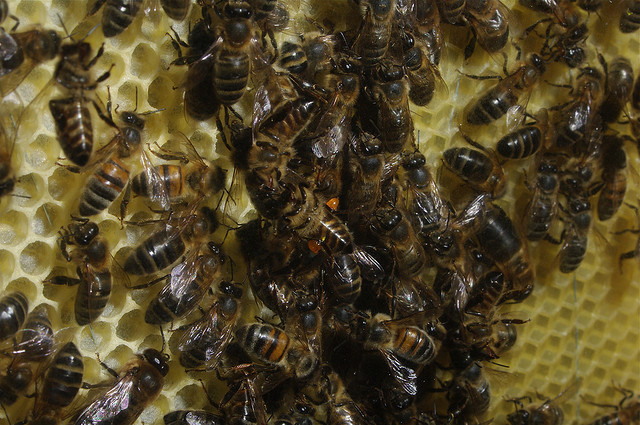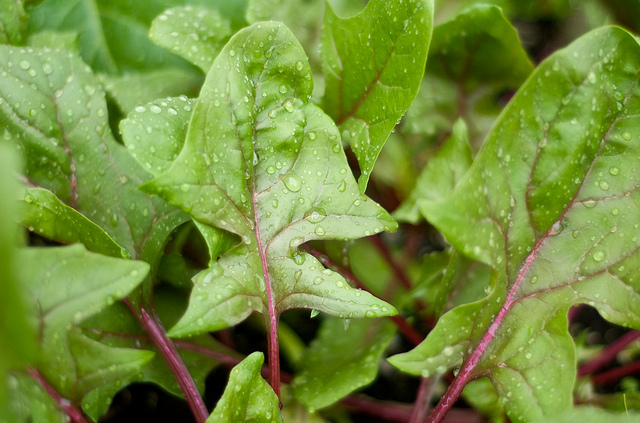Read on for our guide to different types of cold sore treatments.
Anyone who has suffered a cold sore will tell you how painful it can be. A tingling or itching sensation around your lips is the first sign that a cold sore is on its way. Not all treatments are suitable for everyone, but there’s quite a few to try.
Cold sores are small blisters caused by the herpes simplex virus (HSV-1). It is most common for a cold sore to develop around the mouth but an outbreak can occur on the cheeks, nose or upon the hands.
A small collection of blisters forms and, as the cold sore develops, these blisters can burst causing the skin around the infected area to become red and inflamed. When the scab forms, it can mean considerable discomfort; smiling, talking and eating can all become painful. An outbreak lasts for an average of between seven to ten days.
If you suffer from recurring cold sores, there are a variety of ways to treat an outbreak and reduce your chances of further cold sores developing.
- Lemon inside and out
- Go Nuts
- Embrace red and green
- Witch hazel happiness
- Pour on the peppermint oil
- Perfect propolis
- Ice, ice baby!
- Wear sunscreen
And these fall into three different types of treatment:
Vitamin and mineral treatments
A healthy diet can help you overcome recurrent cold sores. Supporting your immune system throughout an outbreak is important, as is looking after yourself in between attacks.
Lemon inside and out – Consuming this Vitamin C rich fruit is regularly suggested as a way to boost your immune system, but it can also help when applied directly (topically) to a cold sore.
Lemons contain a compound called limonene, which has antiviral properties. For best effect, gently dab a small amount of lemon extract directly on to your cold sore every few hours, using a clean cotton pad or cotton bud soaked in the juice.
Go nuts! – Vitamin E may help to relieve the pain of a cold sore and could lessen scarring due to its healing properties. You could choose to take a health supplement, or, if you prefer, it is possible to boost your daily intake by making alterations to your diet. Almonds are rich in Vitamin E, as are many other nuts and seeds. Other foods which offer a high level of Vitamin E include avocado and spinach.
Embrace red and green – Another Vitamin which spells bad news for cold sores is Vitamin C. This powerful vitamin boosts white blood cell count, and white blood cells are the body’s defenders – think of them as soldiers going into battle. Vitamin C helps create more of these little guys who then go to work fighting the infection.
Foods rich in Vitamin C tend to be red or green in colour. Try increasing your intake of foods such as; red berries, tomatoes, broccoli, spinach and red or green peppers. These could help support your immune system during a cold sore flair up.
Lotions, potions and extracts
Witch hazel happiness – If changing your diet doesn’t appeal, one natural cold sore treatment which can be applied directly to a cold sore is witch hazel. A topical astringent, witch hazel is derived from the bark and leaves of Hamamelis virginiana, a shrub native to North America.
The soothing, healing properties of witch hazel may help reduce the redness of a cold sore if applied once or twice a day during an outbreak. Witch hazel is sold in liquid form in most pharmacies and is fairly inexpensive so is a good option for those on a budget.
Pour on the peppermint oil – One of nature’s ‘anti-virals’, peppermint oil is especially good at directly treating cold sore outbreaks. The healing properties of peppermint only work when applied directly to the infected area – so chewing minty gum is not going to get rid of your cold sore!
As with witch hazel and lemon juice, you will need to use a clean cotton pad to gently dab a mixture of peppermint oil and water on to your cold sore. It may feel a little tingly but the peppermint will get to work fighting the virus, and may speed up healing time.
Perfect propolis – Propolis is a natural substance created by honey bees. Not to be confused with honey, propolis offers a wide range of health benefits and can be used in a variety of forms.
Propolis is an anti-microbial, anti-bacterial and anti-viral substance, making it a highly effective natural treatment for a number of ailments. It has been used for centuries and is clinically proven to help in the healing of cold sores.
When used to fight cold sores, it could prevent a full outbreak, reduce healing time once an outbreak has occurred and it helps to soothe the area due to its anti-inflammatory properties.
You can take daily supplements in pill or liquid form or there are some cold sore treatments already on the market which use propolis to help fight the cold sore infection. Herstat offers an ointment which helps the cold sore heal quickly and a preventative lip salve to reduce the chance of further outbreaks.

Propolis – “The new frame is still under construction – here in the centre you can see the glistening beads of propolis a forager has collected from tree resin.” Photo by Max Westby @ Flickr (Creative Commons)
Freeze it out, cover it up
Ice, ice, baby – The herpes simplex virus requires a warm, moist environment to grow and spread. Some swear by freezing out the cold sore at the first sign of an outbreak.
Once you feel the dreaded tingle, grab an ice cube, wrap it in some cloth and apply directly to the region where your cold sore is developing. This could help stop your cold sore in its tracks, or at least prevent the infection from becoming aggravated and swollen.
Wear sunscreen – Some reports suggests that prolonged exposure to the sun can be instrumental in causing an outbreak. While this is still very much up for debate, if you find you are prone to cold sores during the summer months, try using a high SPF sunscreen and lip care stick to protect the sensitive skin around the mouth and lips from harmful UV rays.
One note of caution
It’s important not to mix different ointments together. Try one remedy at a time and see which works best for you. It is possible to have too much of a good thing after all and using a myriad of different topical treatments may only end up causing further irritation.
As with all types of cold sore treatment – natural, home-made or over-the-counter medicine – if you suffer adverse side effects you should discontinue use immediately and seek medical attention.
Cold sores are nasty little things but with a little perseverance, and a few tricks up your sleeve, they can be defeated!
Main image: Anna hiding face, photo by Edward Simpson @ Flickr (Creative Commons)


